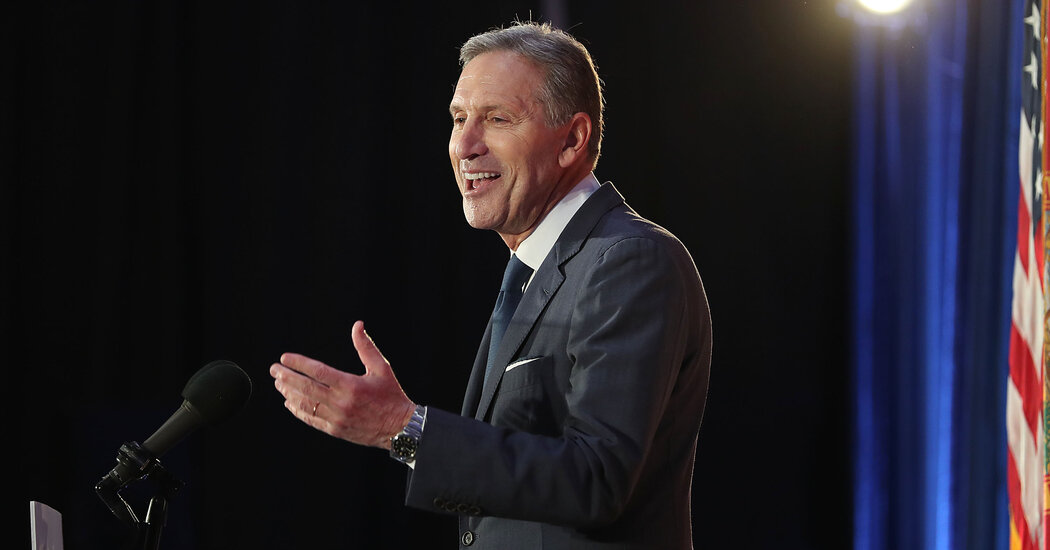
“A year ago, I signaled to the board that as the global pandemic neared an end, I would be considering retirement from Starbucks,” Mr. Johnson said. Starbucks said he would continue to serve on the board and as a consultant through September. The company said it had been planning for the succession since last year and anticipated it would have a new chief executive by fall.
The first time Mr. Schultz returned to Starbucks, he abruptly replaced Jim Donald as chief executive when the company was struggling with a downturn in the economy, an influx of coffee competition and missteps.
This time, while Starbucks is on stronger financial footing, Mr. Schultz will have to deal with the rising union issue, a concern he has faced before.
When he acquired Starbucks in 1987, several of the company’s Seattle stores were unionized, as was its local coffee roasting plant. Mr. Schultz made clear to union officials that he did not welcome the relationship.
“He went ballistic screaming at me, telling me to get out of the plant,” said Pam Blauman-Schmitz, the local union rep for the United Food and Commercial Workers, of her first visit to the plant under Mr. Schultz’s ownership. “He followed me all the way out.”
In the late 1980s, workers at the stores voted to decertify the union, and the roasting plant followed in the early 1990s. In a subsequent book, Mr. Schultz said a single worker “did some research on his own and began an effort to decertify the union.” But he acknowledged that he did not want the company to be unionized.
“I was convinced that under my leadership, employees would come to realize that I would listen to their concerns,” Mr. Schultz wrote. “If they had faith in me and my motives, they wouldn’t need a union.”
Union officials believed that Mr. Schultz had played a role in the decertification. “We thought it was initiated by a worker that Howard had handpicked to run the decertification campaign,” Ms. Blauman-Schmitz said.
Marie Solis contributed reporting.



